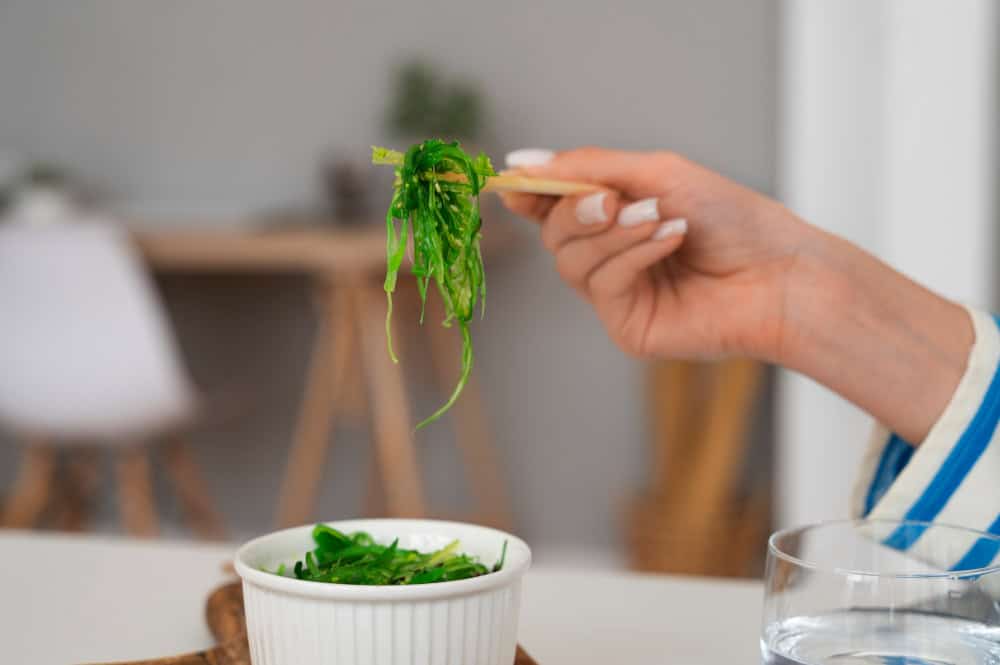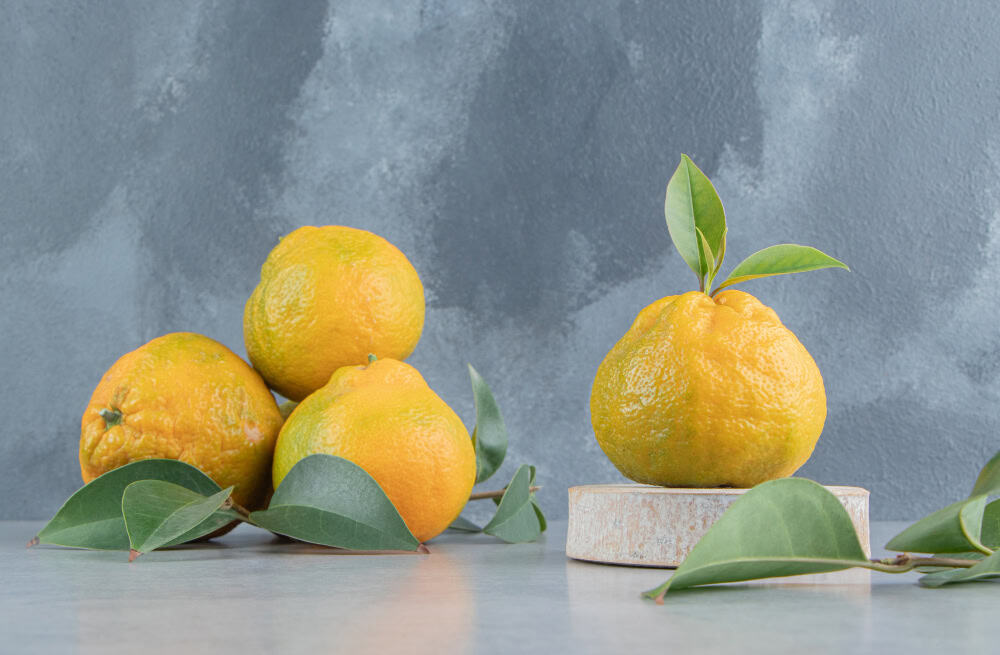
Japan is one of the countries with the highest life expectancies. What do you think is the hidden secret? One of the reasons seems to be their diet. Let’s take a look at what superpowers Japanese food has to offer, and how including some of these foods in your daily diet can work wonders for your health.
Read on to learn more about six must-try Japanese superfoods you need to achieve better health.
What Is A Super Food?

Well, when we say superfood, it’s not a Marvel superhero’s lunch. Superfoods are simply fruits, meats, grains, and vegetables jam-packed with “the good stuff.” This equals a lot of antioxidants, vitamins, fiber, and fatty acids to fuel anything.
1. Tofu (Plant-Based Protein Star)

One of the favourite staples that has been part of the Indian menu even before this superfood saviour trend began is Tofu. Isoflavones (a plant compound that can have estrogen-like effects) in soy help balance hormones, promote heart health, and maintain muscle mass.
You can always throw some tofu into your stir-fry, smoothie, or anything else, as it is one of the most versatile Japanese superfoods you could ever add to your daily meals. It is also great for those who are looking to eat healthy Japanese foods that are satisfying and packed with nutrition.
2. Matcha (Magic Japanese Green Powder)

Matcha is a powdered green tea that comes from specially shade-grown leaves, and therefore it has a distinctive taste unlike regular green teas (stronger), plus it is rich in antioxidants. The catechins in Matcha act like tiny bodyguards, sweeping up harmful free radicals and keeping your cells healthy, boosting metabolism, and even enhancing focus. This is one easy way to add some very healthy Japanese foods to your diet, so make sure that you don’t neglect this one if you can.
It can be consumed as a regular tea, or served over ice as an iced latté, and can also be added to smoothies or baked goods. Matcha is so easy to incorporate into any Japanese diet tip for better health, because of its versatility.
3. Seaweeds (Nature’s Green Wonder)

Seaweeds like Nori, wakame, and kombu are rich in fiber, iodine, and antioxidants. In addition, they aid thyroid function and improve digestion while stabilizing a healthy weight.
You can sprinkle seaweed on rice, salads, or soup, or use it as a sushi wrap. Adding seaweed to your diet is perhaps the simplest way to experience the nutritious benefits of this Japanese cuisine for total health.
4. Natto (Small Beans, Big Benefits)

To start with, Natto might not be the most attractive illustration of typical Japanese superfoods. The slimy texture and strong aroma can certainly scare off some folks. But this promotes gut health and digestion, is packed with probiotics, and is helpful in immunity building. This Japanese superfood is rich in vitamin K2, beneficial for bone and cardiovascular health.
In Japan, it is often eaten with rice and a dipping sauce of soy or mustard, and sometimes green onions. It is simple to mix Natto into salads or bowls of rice to taste the benefits of the Japanese foods without overdoing it with too strong a flavor if trying for the first time.
5. Miso ( More Than Soup, The Flavor Foundation)

Every cuisine has some secret sauce and seasonings. One of the secret pastes in Japanese dishes like marinades, soups, and dressings is called miso. It’s a fermented seasoning paste made by mixing soybean, salt, and koji(a special type of fungus culture broth). This is one of the Japanese superfoods because they are highly rich in vitamins (vit.B, vit.K), minerals (like zinc, magnesium, etc.), and surprisingly also work as probiotics (good bacteria) supporting your gut and digestion. You can serve this in both sweet and salty types according to your favorable taste and enjoy the rich flavor while taking care of your gut and immunity.
6. Yuzu (Flavour packed with favourable health)

Did you know that Yuzu is one of the citrus fruits, but it packs 3 times more vitamin C than a regular lemon? This tiny hybrid fruit is a mix of lime, mandarin, and grapefruit that offers an aroma that can uplift your mood, along with its high level of antioxidants, which are beneficial for your health. So by just adding a little bit of this (a little goes a long way) to your sauces, teas, and salad dressing can elevate your meals along with your health quickly.
Wrapping It Up
A small, consistent effort or add-on in your meal can actually bring out a bigger and brighter change in your life. Adding these 6 Japanese super foods (Tofu, matcha, seaweeds, natto, miso, and yuzu) to your daily routine is easier than you think. Start these superfoods from today and build for having a better tomorrow. Help yourself feel energized, healthier, and vibrant every day.
(The article is reviewed by Dr.Subita Alagh, Assistant Team Lead, Disease Content.)
FAQs
Q. Can I eat these Japanese superfoods every day?
A. Yes, Most of these foods, like miso, tofu, seaweed, etc., may be taken in small amounts daily and can be good for your overall health.
Q. Do I need to buy expensive imported nutritious Japanese foods?
A. Well, not necessarily, as most of these super healthy Japanese foods are now already available in local or online supermarkets. Just look for fresh or high-quality ingredients, and you can hack your way into a better life without breaking your bank balance.
Q. Are Japanese superfoods suitable for everyone?
A. Yes, they are suitable for many; however, if you have some restrictions, like you are allergic to soy, etc., then it’s better to go talk to a nutritionist or a doctor first.
Q. By eating these superfoods, can I lose weight?
A. No single food works like magic for weight loss, but including these superfoods in your daily diet can improve digestion, boost metabolism, and gradually enhance overall health.
Recommended Reads:
15 Japanese Lifestyle Habits That Will Transform Your Life Forever
Forget Coffee, This Japanese Drink Is Your New Secret to That Glass Skin Glow